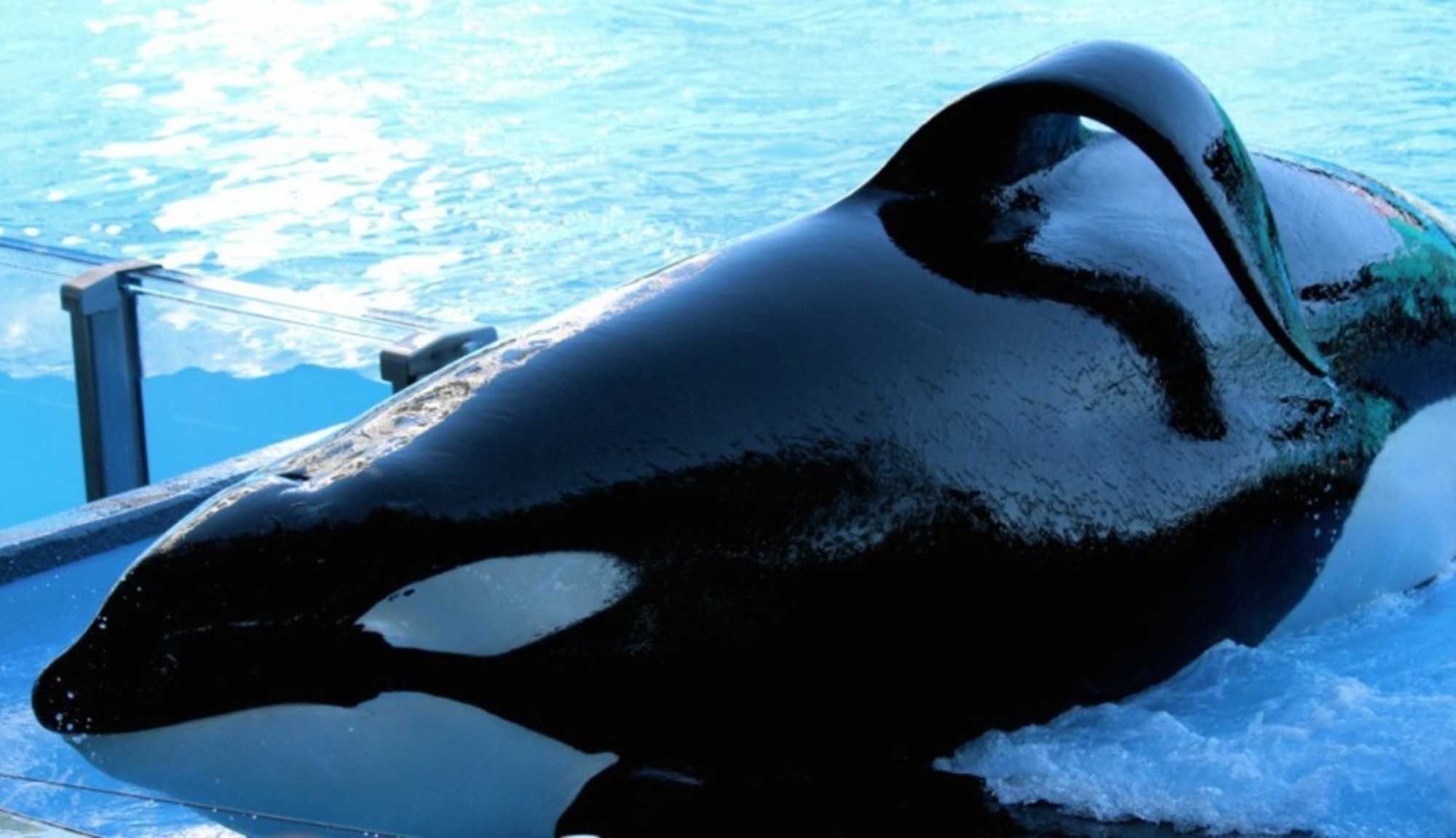Article-Detail

A Whale of a Leadership Example
I’ve always been interested in documentaries about animals. As I have shared in the past, there is a direct correlation between human and other mammal behavior. Those similarities are especially profound in the Orca. Also known as killer whales, these animals have brains very similar to that of humans, one profound difference is an exaggerated limbic system which controls emotions and social behavior. Marine neurologists say the orca is more emotional and more social than human beings because of this feature of their brain.
Orcas live in pods for their entire lives, they do not leave the group because they depend on each other for all of their lives activities from food to safety. By contrast, orcas in captivity live in contained environments, they don’t hunt, don’t compete for mates and have engineered pods (members of the group are interchanged). This comes with problems. When there is conflict, an orca can’t swim off to the open sea to find a new pod or just get away from their antagonist. In most animals that wouldn’t matter as much but because of their advanced limbic system, orcas remember the conflict and are stressed by it daily. Having your young taken from you and having to live with strangers who’s role does not mesh with yours causes stress. Hunting live prey as a team and getting variety in your diet keeps orcas healthy and strong. A lack of that causes stress.
Indicators of stress in orcas is a collapsed (folded over) dorsal fin and shortened life span. A normal dorsal fin on a healthy male orca can stand up to 6 feet tall. Collapse is due to stress, diet, water and air temperature and lack of exercise among other problems. The collapsed fin is seen by scientists as a symptom of problems and not the problem in itself. Only about 10% of orcas in the wild have a collapsed dorsal fin. All orcas in captivity have the collapsed dorsal fin. Male orcas in the wild can live 60 years, in the wild they live 30-35 years.
I’m not a conservationist but I am interested I the relationship between animals and humans at work. I connect the slumped dorsal fin on an orca to the slumped disposition people bring to work due to stress, mistreatment and negativity they experience daily. Humans don’t have limbic systems as advanced as orcas but we do have a significant one so we are social and designed to be connected to one another and to depend on one another. We depend on our leaders to provide guidance, leadership, protection and approval. When that does not happen, the disappointment, resentment and sadness comes with physiological symptoms that impact every area of life. This causes a human’s emotional dorsal fin to droop. When stress is a constant, just like an orca lashing out, humans do too. Workplace “lashing out” looks like complaining, lack of effort and energy, infighting, and an increase of “sick days”.
On the other side, when people come to a healthy, supportive environment they are hopeful and willing to give more to the organization and their leader. When their emotional dorsal fin is standing high, they are willing to give what researchers call discretionary effort. People who give this effort are identified as those who go above and beyond the call. How many people in your office go above and beyond the call? This response can be engineered in any organization by any leader by building a fair, predictable, and supportive culture. People are more adaptable to their environments than orcas, we can mix with family, then interact with our church group, we can spend 40 hours with our work colleagues, and spend Saturdays with a book club. Transitioning between groups does not cause much stress, in fact the number of groups is an indicator of good health. What causes problems is the environments created by the members of these groups. These people and environments are manipulated by the leaders.
We’ve all seen people, dealing with life’s tragedies, who come to work lacking their normal energy. As communal beings, we lean into those people and do what we can to ease their pain. The same happens when there is a tragic environment at work, people in other areas of their lives have to lean in to help ease their pain. Unnecessary stress from work not only causes reduction in productivity, but it also causes emotional resources from other areas to be used for healing instead of energizing. The harmful effects of a bad boss impacts all areas of life and can resemble Post Traumatic Stress Disorder (PTSD) and can lead to physical as well as emotional ailments. Further, the leader who has a stressed team has to deal with the negative behaviors causing the leader do deal with the same negative physical and emotional outcomes. A healthy work environment can have an equally positive impact on life for everyone.
Proverbs 13:12 tells us that hope deferred makes the heart sick. Every day you have to wait for your leaders to create a healthy environment costs your emotional health and your emotional fin droops a little more. The more collapsing fins you see, the more the leader’s fin will collapse. With that in mind, it’s in a leader’s interest to protect his team. If you can work to treat your team as if their behavior can harm your health (and get you fired) or it can empower you as a leader, you will make decisions that support their success. It will empower them, they will empower you and your whole team will SOAR.
William A. Brown
August 18, 2019




